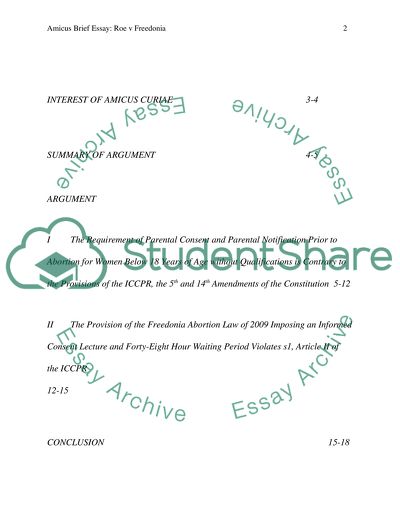Cite this document
(“Brief Amicus Curiae of the United Kingdom in Support of Petitioner Term Paper”, n.d.)
Brief Amicus Curiae of the United Kingdom in Support of Petitioner Term Paper. Retrieved from https://studentshare.org/law/1557748-amicus-brief-abortion-essay
Brief Amicus Curiae of the United Kingdom in Support of Petitioner Term Paper. Retrieved from https://studentshare.org/law/1557748-amicus-brief-abortion-essay
(Brief Amicus Curiae of the United Kingdom in Support of Petitioner Term Paper)
Brief Amicus Curiae of the United Kingdom in Support of Petitioner Term Paper. https://studentshare.org/law/1557748-amicus-brief-abortion-essay.
Brief Amicus Curiae of the United Kingdom in Support of Petitioner Term Paper. https://studentshare.org/law/1557748-amicus-brief-abortion-essay.
“Brief Amicus Curiae of the United Kingdom in Support of Petitioner Term Paper”, n.d. https://studentshare.org/law/1557748-amicus-brief-abortion-essay.


